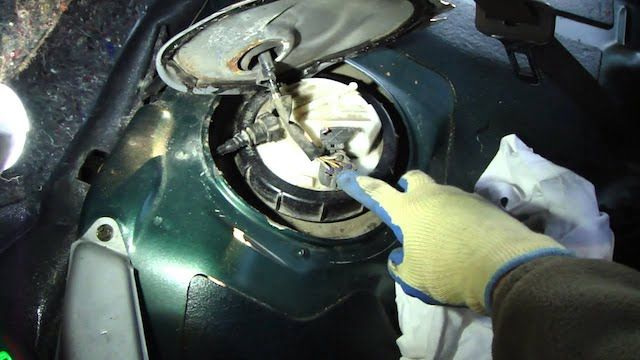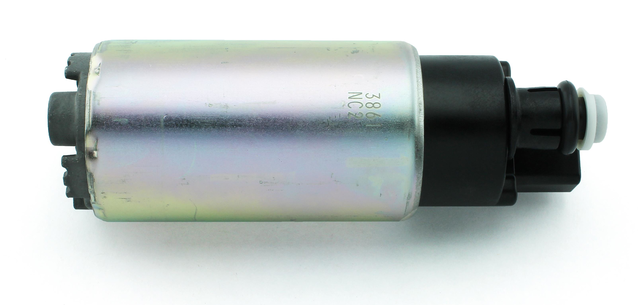Your car's fuel pump plays a critical role in delivering fuel from the gas tank to the engine. Installed inside the fuel tank, it ensures your vehicle operates efficiently. When a fuel pump malfunctions, it can significantly impact your car's performance, leaving you stuck on the roadside if it fails completely. Credit: PeterFinnTheCarDoctor The fuel pump draws gasoline from the fuel tank and channels it toward the engine, where it is either injected into the intake manifold or directly into the combustion chamber. While older vehicles with carburetors often used mechanical fuel pumps, modern fuel-injected cars rely on electric fuel pumps. Placing the pump inside the gas tank offers several benefits: Since the fuel pump is hidden away, issues can go unnoticed until they become severe. Early warning signs include difficulty starting your car, sluggish acceleration, and reduced overall power. You might also hear unusual noises, like a whirring or whining sound, coming from the area near the fuel tank. Using an OBD scanner can help identify specific fault codes linked to your fuel pump. Ignoring these symptoms could lead to complete pump failure and leave you stranded. Although fuel pumps are built to last, they can break down due to various reasons: The pump requires a steady flow of fuel for both cooling and lubrication. Running out of gas can harm the pump. Always keep your tank at least half full to prevent this. If you do run out of fuel, switch off the engine immediately, even if the ignition is still on. Fuel contamination—whether caused by moisture, dirt, or rust from the gas tank—can infiltrate the pump and cause long-term damage. Contaminants in the fuel can also clog the fuel filter, creating symptoms similar to those of a faulty fuel pump. Regularly replacing the filter during maintenance or when installing a new pump can prevent such issues. Consistently driving with low fuel levels can wear out the pump, forcing it to draw extra current. This increased electrical load can damage connectors and wiring, ultimately causing the pump to fail. Fuel pumps are intricate components tailored specifically for different Toyota models. While purchasing aftermarket parts might seem cost-effective initially, they often come with hidden risks. Non-OEM parts sometimes use universal wiring harnesses that require cutting and splicing existing wires, making installation challenging and potentially voiding warranties. Toyota Parts Center has been providing exceptional online sales support since 2007. We exclusively sell OEM parts backed by Toyota's 12-month unlimited mileage warranty. Utilize our convenient VIN decoder tool to find the ideal part for your vehicle. Should you need help locating the correct OEM component, feel free to reach out—we offer a complimentary parts lookup service! Remember, maintaining your vehicle's health is essential for safe and reliable driving. Address any potential issues early to avoid costly repairs down the line. Stay proactive about regular maintenance checks, and don't hesitate to seek professional advice when needed. Your peace of mind on the road starts with proper care! Mitered Fittings,Marine Pe100 Plastic Pipe,Marine Pe100 Plastic Pipe For Accommodation,Marine Pe100 Plastic Pipe For Water Supply Jingjiang Haihong Plastic & Rubeer Science -Technology Co.,Ltd , https://www.marineplasticpipe.comUnderstanding How Your Fuel Pump Functions

Identifying Signs of a Faulty Fuel Pump
Common Causes of Fuel Pump Failures
Fuel Depletion
Contaminated Fuel
Clogged Filters
Electrical Issues
Why Choose an OEM Replacement Fuel Pump?
